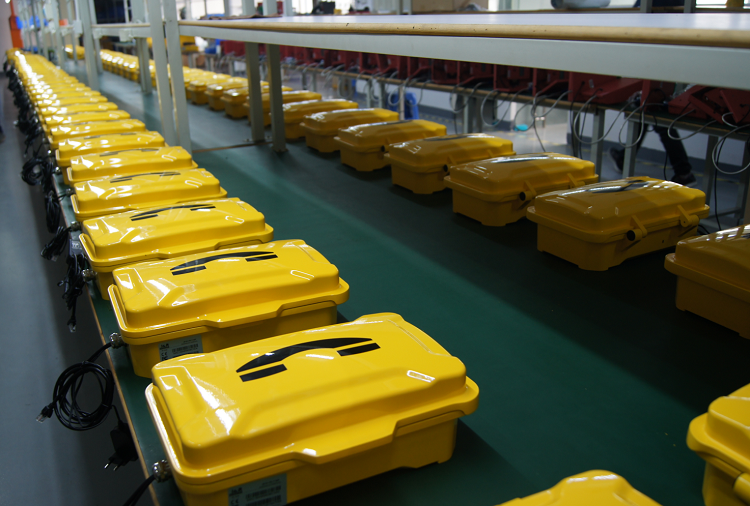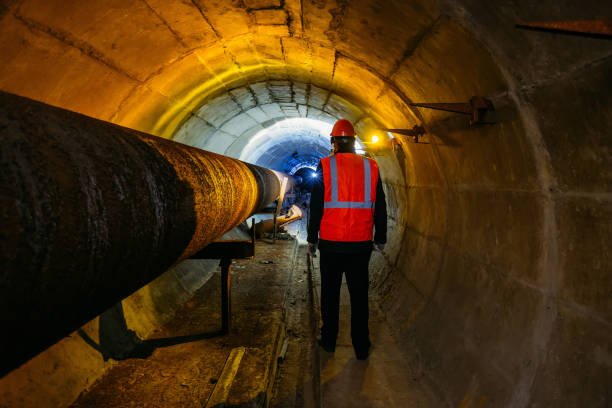An industrial telephone is a type of telephone designed specifically for use in industrial environments. Industrial telephones are typically built to be more durable and rugged than standard telephones, and they may be resistant to environmental factors such as moisture, dust, and extreme temperatures.
Some common features of industrial telephones include:
-
Rugged construction: Industrial telephones are typically built to withstand heavy use and abuse in harsh environments.
-
Weatherproofing: Many industrial telephones are weatherproofed to protect against moisture, dust, and other environmental factors.
-
Loudspeaker: Some industrial telephones may have a loudspeaker that can produce high-quality audio even in noisy environments.
-
Emergency features: Many industrial telephones include emergency features such as speed dial buttons or alarms to quickly summon help in case of an emergency.
-
Hands-free operation: Some industrial telephones may be designed to be used hands-free, which is particularly useful in environments where the user needs to have their hands free to operate machinery or equipment.
-
Long-range communication: Some industrial telephones may have long-range communication capabilities to allow communication between different parts of a large industrial complex.
Industrial telephones can come in a variety of styles, including desktop phones, wall-mounted phones, and handheld phones. They may be connected to a private branch exchange (PBX) system or other communication network to allow for efficient communication within an organization.


 Српски језик
Српски језик



























